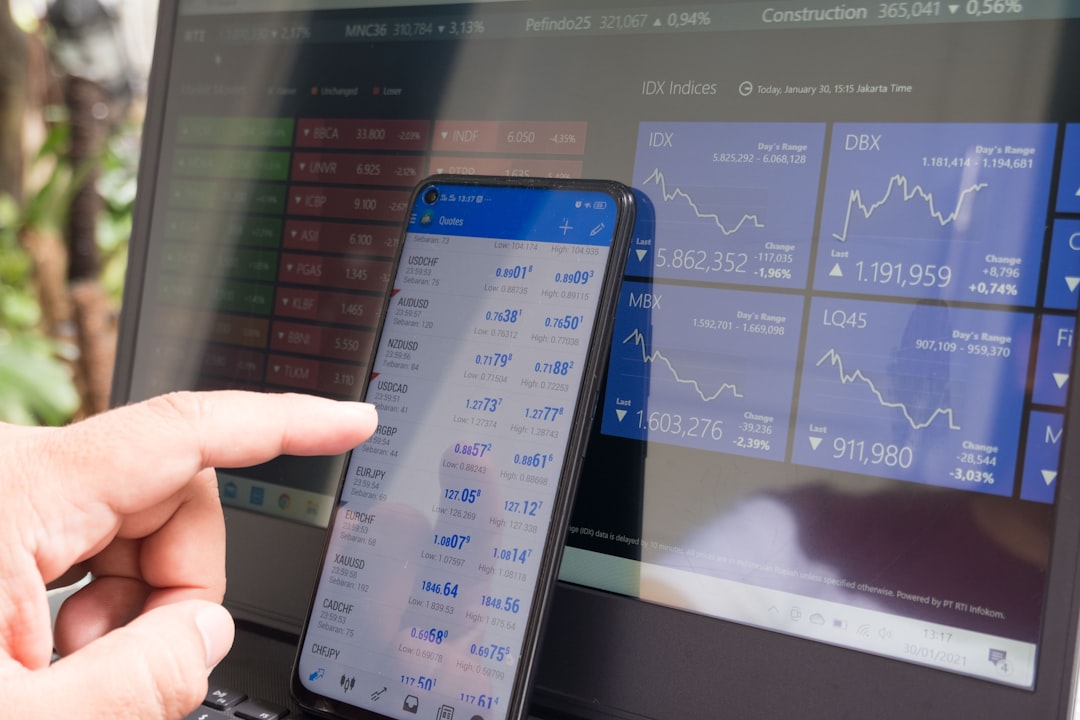Brazilian Market News Roundup: October 31, 2025
As we close out October, Brazilian markets are at the forefront of attention with significant developments across various sectors. The Ibovespa, Brazil’s primary stock market index, has shown resilience, closing the month at its highest level for the year. Meanwhile, political and economic shifts, alongside infrastructure investment opportunities, are shaping the landscape for foreign investors. Understanding these dynamics is crucial for those looking to capitalize on Brazil’s market potential.
For foreign investors, today’s news emphasizes the importance of grasping the intricacies of Brazil’s economic indicators, regulatory changes, and market trends. From interest rates to corporate earnings, and from legislative reforms to stock market performance, these factors collectively influence investment strategies in Brazil.
Key Economic Insights
Understanding Net Income and Its Calculation
The concept of net income is gaining traction as investors seek to evaluate the financial health of Brazilian companies. A firm grasp on how to calculate and interpret net income can provide insights into a company’s profitability and operational efficiency. For a detailed understanding, see the article on Lucro líquido: saiba o que é e como calcular (Suno).
Interest Rates and Their Investment Impact
Interest rates remain a pivotal factor in Brazil’s economic environment. They affect everything from loan costs to savings returns, and understanding their impact is critical for market participants. The current environment highlights how changes in interest rates can alter the investment landscape, influencing both fixed-income instruments and equity markets. More on this can be found in Taxa de juros: o que é e como impacta nos investimentos (Suno).
Political Developments and Their Implications
Anti-Crime Legislation
President Lula’s recent signing of an anti-crime bill introduces harsher penalties for organized crime, reflecting a significant shift in Brazil’s legal landscape. This move is expected to enhance Brazil’s investment climate by improving security and stability, two crucial factors for investor confidence. Further details can be explored in Lula assina projeto antifacção com penas mais duras para organizações criminosas (InfoMoney).
Support for Legislative Reforms
Finance Minister Fernando Haddad has sought support from Rio de Janeiro’s Governor Castro for the chronic debtor’s bill. This legislative push is part of broader efforts to combat financial crimes and bolster economic integrity, potentially impacting investor sentiment positively. For more, see Ligação com o crime: Haddad pede apoio de Castro a favor do PL do devedor contumaz (InfoMoney).
Corporate and Market Movements
Ibovespa’s Bullish October
The Ibovespa index has closed October with a 2.26% gain, marking the third consecutive month of growth. This performance is partly attributed to the easing monetary policies in the United States and positive trade discussions with the US government. Investors should note the standout performers and laggards within the index. More insights on this can be found in Ibovespa reage e fecha outubro nas máximas do ano (Estadão E-Investidor) and Ibovespa tem avanço de mais de 2% em outubro (Money Times).
Infrastructure Investment via SNID11
The SNID11 fund, focusing on infrastructure, offers tax-exempt returns that surpass traditional fixed income, appealing to investors seeking diversified portfolios. The strategic approach of Suno Asset in managing SNID11 is crucial for understanding potential risks and returns associated with infrastructure investments. Find out more in Suno Asset: a estratégia por trás do SNID11 (Suno).
Market Context and Broader Trends
These developments reflect broader economic trends in Brazil, including a focus on enhancing market stability through legal reforms and diversifying investment opportunities. The consistent performance of the Ibovespa indicates resilience in the face of global economic uncertainties.
Investment Implications
- Brazilian Stocks (B3): The continued rise of the Ibovespa suggests a bullish outlook, especially in sectors benefiting from policy changes and infrastructure investments.
- ADRs: Positive trade discussions with the US may enhance the attractiveness of Brazilian ADRs, particularly in consumer and resource sectors.
- Brazilian Real (BRL): Stability in political and economic arenas could support BRL strength, though global interest rate trends remain a key factor.
- Bonds: Interest rate movements will continue to influence bond yields, with potential implications for both domestic and foreign bondholders.
- Commodities: Infrastructure developments and international trade dynamics may impact commodity prices, affecting related equities and investments.
Looking Ahead
Investors should watch for upcoming economic data releases and policy announcements that could impact Brazil’s economic trajectory. The conclusion of daylight saving time in the US and Canada might also affect trading hours and market liquidity. For more information, refer to EUA e Canadá encerram horário de verão no domingo (InfoMoney).
As we move into November, staying informed on these developments will be crucial for navigating Brazil’s dynamic market landscape effectively.
Photo by Marga Santoso on Unsplash
📬 Follow Easy Brazil Investing for more English-language coverage of Brazil’s best investment opportunities. Or follow us on X


Leave a Reply